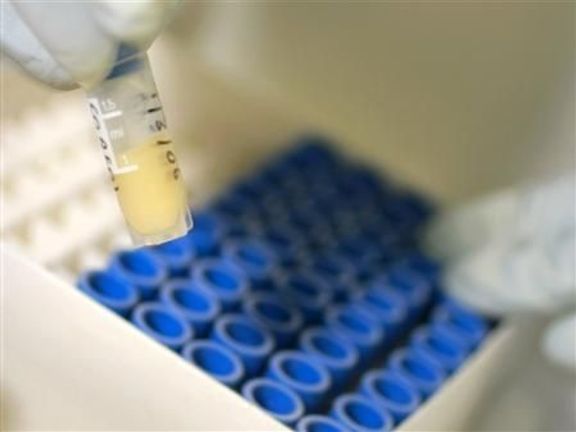Prague - The Prime Minister is preparing the largest change in the system of Czech research financing since 1989. He is proposing all finances for research to be distributed according to unified rules. The government council for research and scholarship will present the definitive version of the reform proposal on Monday.
Basic research is going to be supported less, while priority will be given to practically applicable inventions. In addition, the government will strictly monitor whether the companies really use the inventions.
Within the present institutional framework, 40 percent of funds for research are aimed at innovations and applications of inventions. However, they have mostly been used for administration of offices and publications of articles.
"From the 9 billion Kč (36 million euro) allotted by the state to finance applications, only two billion proved to produce some results," stressed Marek Blaška from the government council for research.
Blaška pointed out that the majority of developed countries grant more than half of their research allocation to support applications.
Few patents, no investments in innovations
A recent study of Czech research results in the past few years indicated that Czech scientists are gaining a solid reputation within the international academic community, as their publications are more often cited. Czech scientists' articles are reaching the world average in this respect.
However, although Czech inventions appear to be more interesting for the world scientific community than in previous years, they are utilized less than before.
Two years ago, Czech companies had patented 20 inventions in Europe and 30 in the USA. These numbers are significantly lower than those of Western developed states - they equal the achievements of only the twentieth most successful university in the USA.
This has resulted in the Czechs capitalizing only 30 millions euro on their patents while paying more than 200 millions euro for patents of foreign companies.
Currently, there are almost no investments of risk capital in new technologies in the Czech Republic. Even other Central European countries of similar level of development such as Slovakia, Hungary or Poland are not experiencing equally negative trend.
Topolánek's reform aims at changing this, though. Allegedly, its motto will be "science makes knowledge out of money, innovations make money out of knowledge."
Two agencies to distribute grants
The reform will create a new scheme for dividing up the 20 billion Kč, which the government annually gives to scientist. The rules will apply to the distribution of European funds of approximately same value.
In addition to the Grant Agency that today primarily focuses on basic research, a Technological Agency is going to be established that will support innovations. A grant will be allotted by an institution only provided that the project is already supported by a private company.
These agencies will pool all resources that have been so far granted by agencies of particular ministries.
The reform expects state research centers to remain functional. However, they will be supervised by six offices. In addition, 53 of them will be controlled by the Academy of Sciences of the Czech Republic.
The Ministry of Education will distribute more amount of money, since not only 18 universities will be looked after by it, but also 15 departments that have been so far under the authorities of other ministries and whose performance was seen as unsatisfactory by the government.
The rest of the state-funded research centers will remain under the authority of their respective ministries. However, only those of them that will meet appropriate requirements will have a chance to obtain grants.
Pragocentrism?
Government experts believe that the reform has a chance to be approved, though they expected objections to be raised by the ministries that would be deprived of finances for research.
In addition, representatives of departments and universities that are located outside the capital may also be dissatisfied, since the reform expects grants to be primarily aimed at Prague institutions. The city would be recompensed in this way since, as a rich region, Prague cannot get scientific research grants from the EU.
Topolánek has backed this project from the very beginning and will most likely be able to gain support from his minister. He will have a chance to implement the proposed changes already this year.







